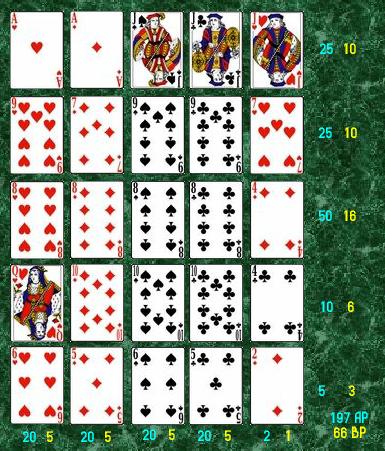
Poker is a game of chance in which players bet and raise cards to create the highest possible hand. The highest hand wins the pot. While this may sound like a simple game, there are a number of different strategies that can be employed to help increase your chances of winning.
A solid betting strategy is one of the most important skills to master. If you are not betting aggressively enough, you can end up losing your bankroll very quickly. It’s crucial to be aware of your opponent’s betting patterns and make sure that you are adjusting your betting accordingly.
Betting sizing is another important aspect of your poker game that needs to be learned and perfected. It is important to understand how much you should bet based on various factors such as previous action, your stack depth, and the pot odds.
Bet sizing is a skill that can take quite some time to master, so make sure that you are practicing this before playing for real money! Bet sizing is an essential poker tactic that will allow you to win more frequently and at lower stakes.
It is also important to understand how to read other players’ hands. This will allow you to make a better decision as to how to play your own hand. In addition, it will also help you to improve your general strategy.
The best way to practice this skill is to get involved in a local poker league or to find someone who holds regular home games in your area. This will give you a chance to get hands-on experience in a low-pressure environment, where you won’t have to worry about losing your hard-earned money.
If you are new to the game, it is a good idea to start out with small amounts of money and to play with other people who are just learning too. This will allow you to practice your strategy without worrying about losing any money and will help you get a feel for the game.
When playing with a group of friends, it is a good idea to keep an eye on how the other players at the table are playing. You can usually tell if a player is too passive or too aggressive by how they play their hands. If they are a bit more aggressive, it might be best to call their bets and raise occasionally when you have a monster hand.
You should also try to watch how the other players react to their bad hands. Many great players do not get upset after they have been dealt bad cards, and this can be a good way to learn how to deal with your own bad beats.
Mental toughness is another important aspect of poker. If you can’t handle losing, you will never be able to succeed at poker. It is best to learn how to deal with losses by watching videos of top players taking bad beats, such as Phil Ivey.